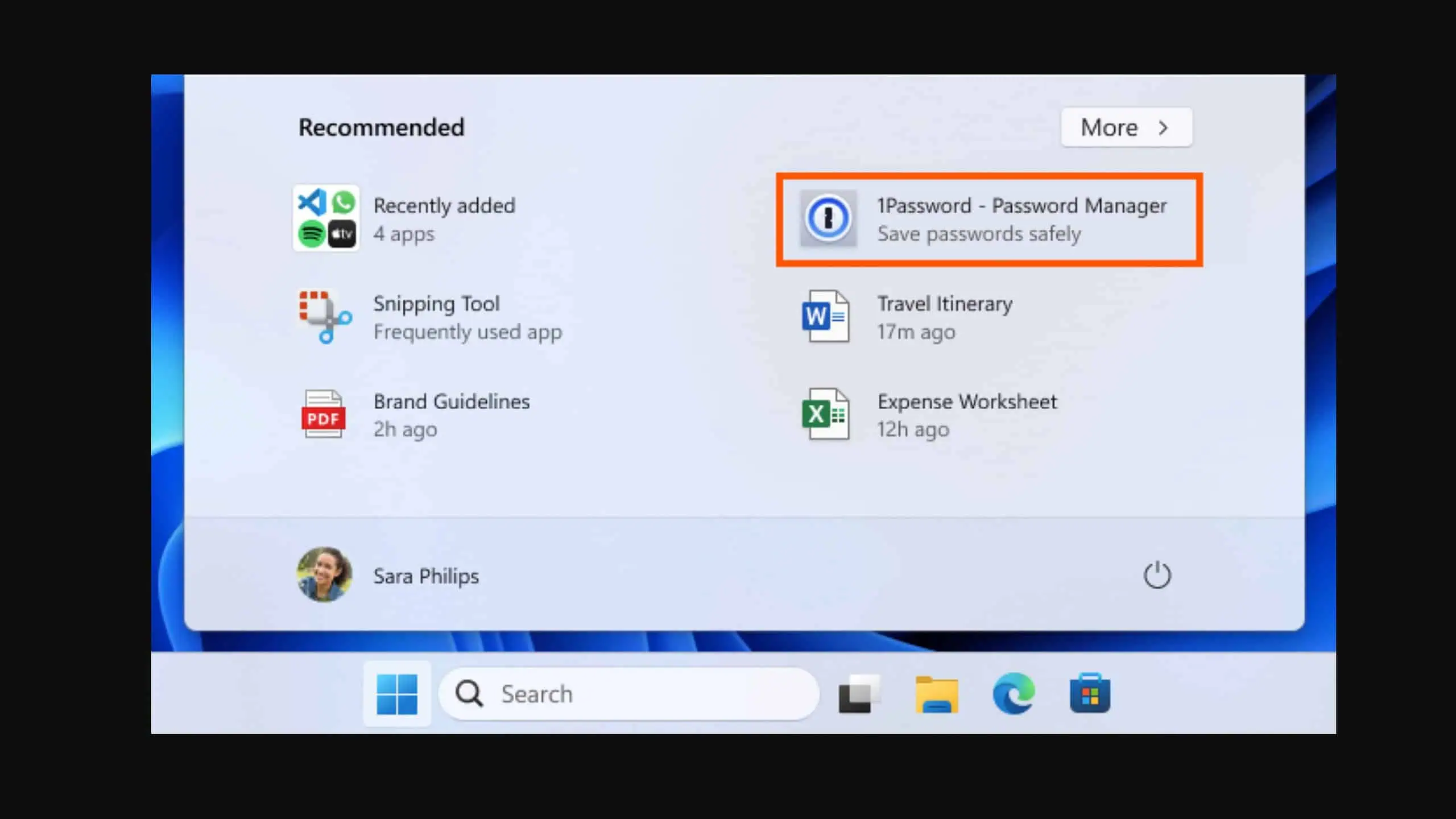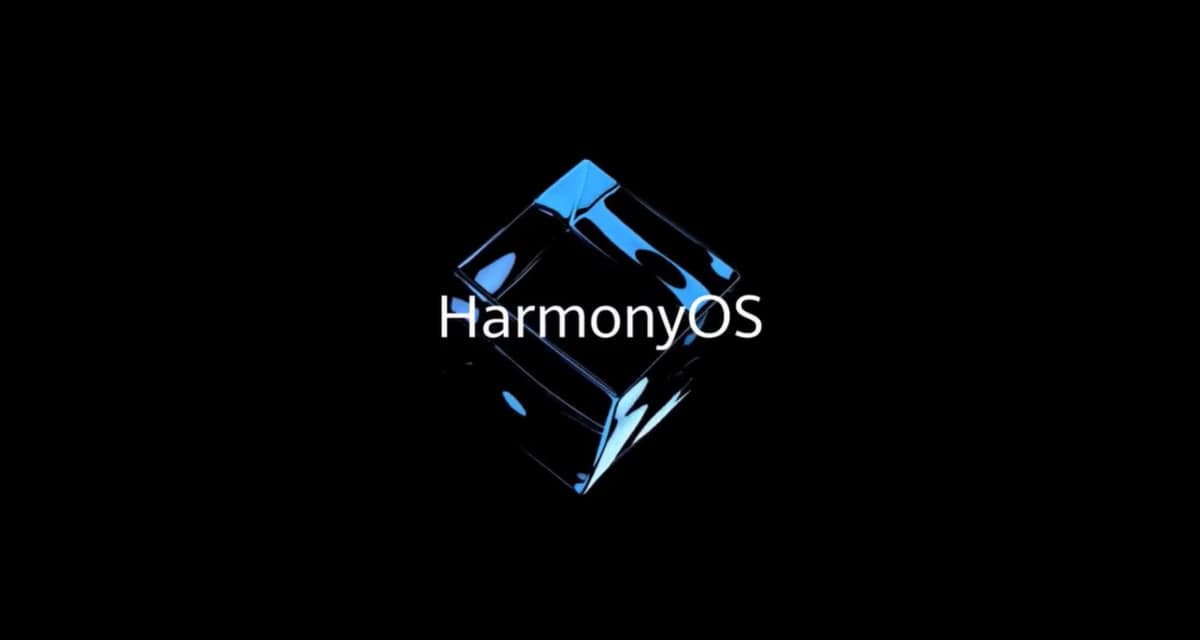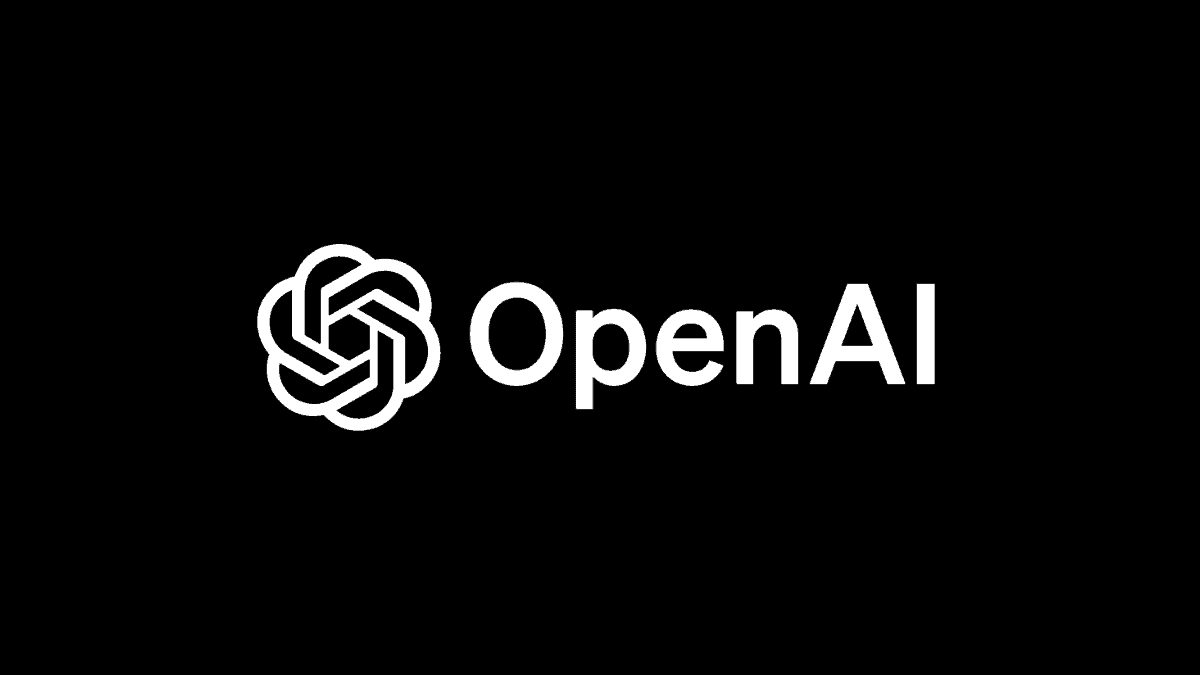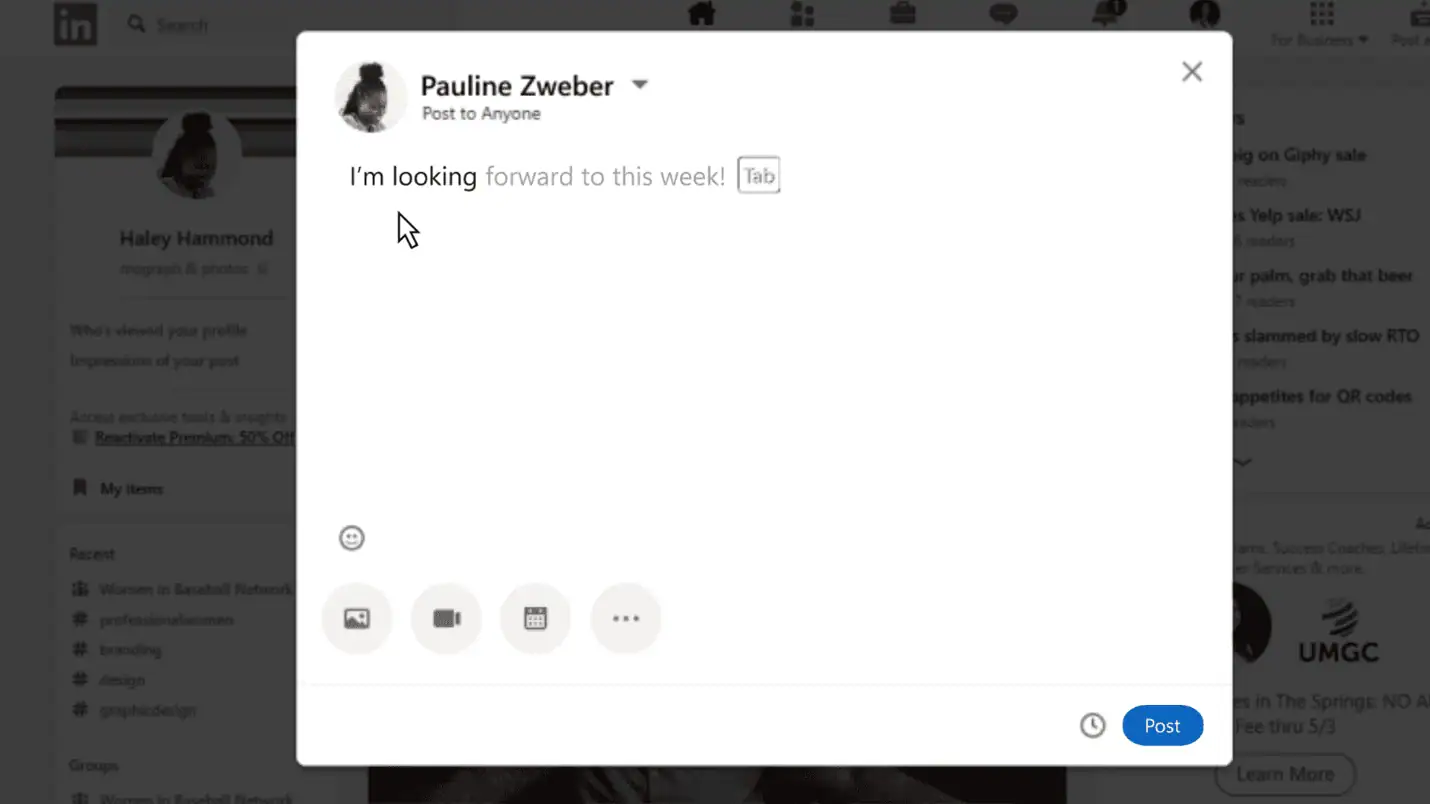As Google's FLoC proposal goes down in flames, the company postponed implementation
2 min. read
Published on
Read our disclosure page to find out how can you help MSPoweruser sustain the editorial team Read more
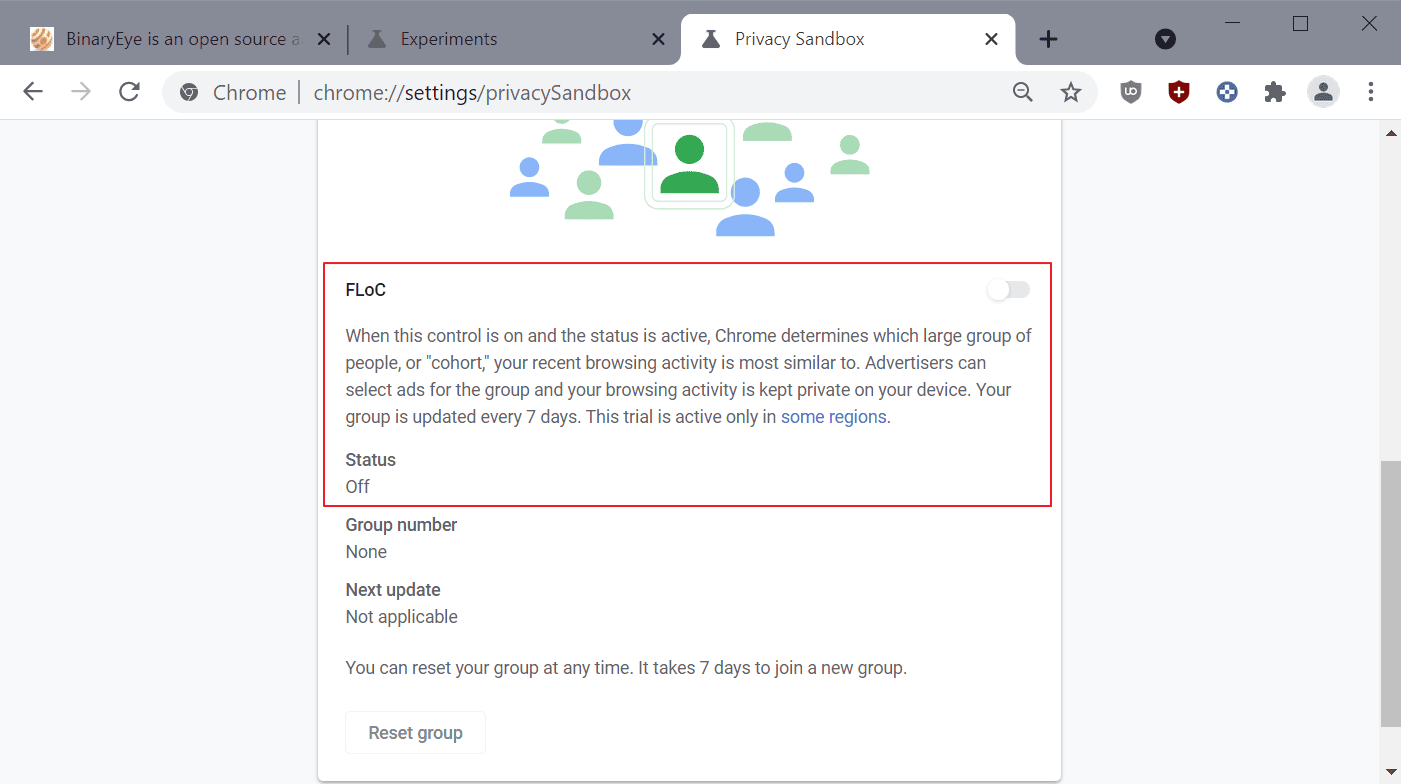
Google’s proposal to replace cookies with FLoC (Federated Learning of Cohorts) has gone down like a lead balloon and has met opposition from all quarters, and leading to the company announcing plans to postpone its implementation.
In a blog post Google said they “need to move at a responsible pace” to “allow sufficient time for public discussion on the right solutions, continued engagement with regulators, and for publishers and the advertising industry to migrate their services.”
Google now plans to deploy FLoC to browsers in late 2022, and then phase out support for 3rd party cookies in late 2023, over a 3 month period.
To gain some credibility Google has agreed to have their process supervised by the UK Competition and Markets Authority (CMA), though I suspect this will not reassure many, especially in the eyes of the EU, who have launched an investigation against Google over FLoC.
The FLoC proposal would use the Chrome browser and your browsing behaviour to generate a profile that will be matched to a large number of similar people, with will then be offered to advertisers and websites automatically, so ads could be tailored roughly to your needs and desires.
The proposal has met a lot of opposition for using your browser to spy and categorise you, making it an integral part of Google’s advertising operation, and for its potential ability to deliver your profile to websites which would result in undesirable outcomes such as being blacklisted for loans. Microsoft has disabled FLoC in their Chromium-based Edge browser.

